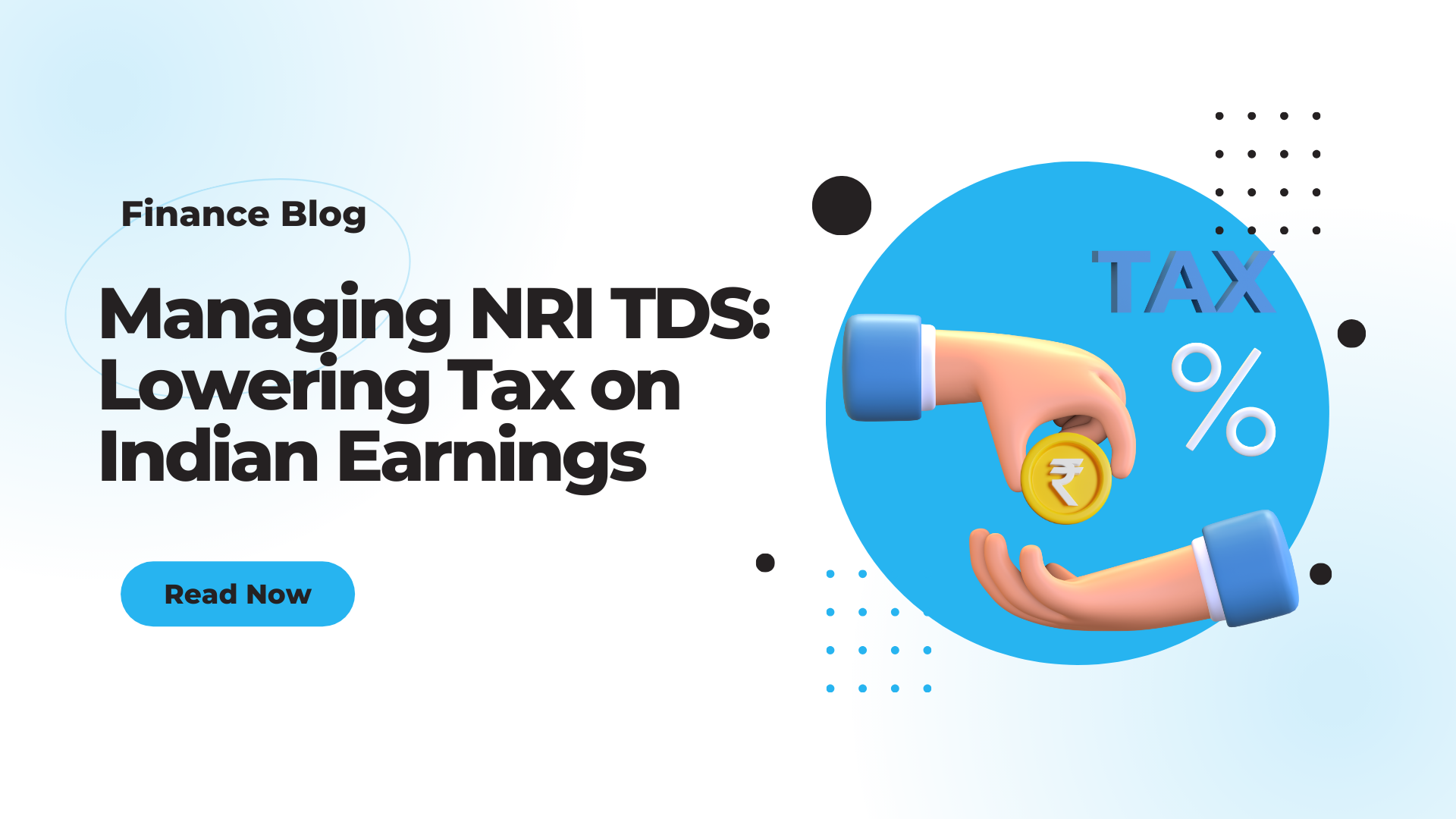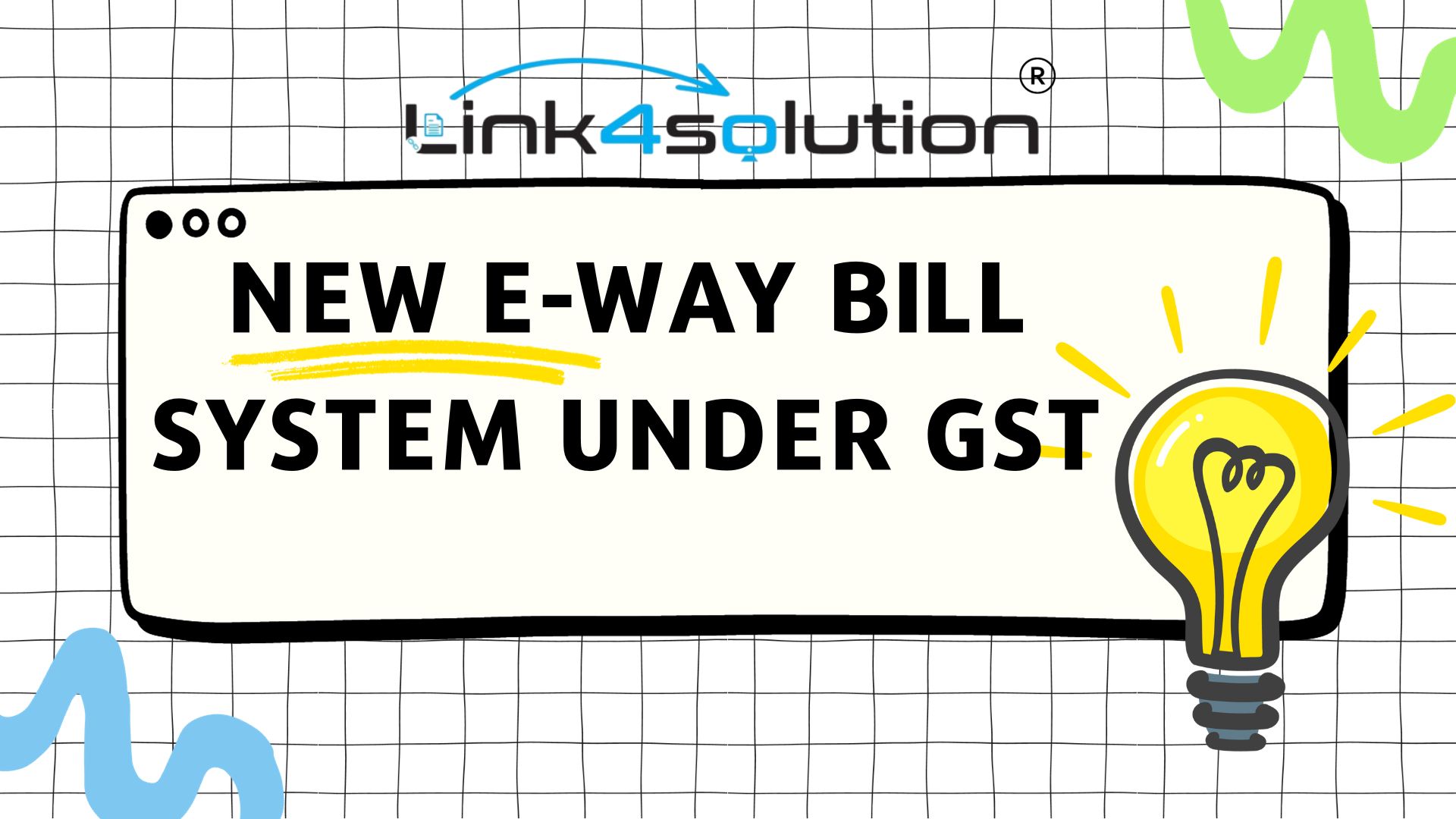As an Indian startup, the thrill of creating something unique can make the dull side of tax compliance fade. Yet, grasping these legal obligations is key for steering your venture free of future hurdles. Among these critical requirements is GST (Goods and Services Tax) registration.
- Description: The GST, a value-added tax, applies to most goods and services for domestic use. It’s a multi-tier tax, with the final consumer bearing the tax cost.
- Is it mandatory for startups? The response to this query depends on some factors that we will elaborate on shortly.
“Remember, GST is not just about tax payment. It can fuel your startup’s growth. Adhering to GST norms boosts your business image, elevates your market position, and magnifies prospects for expansion.”
True, many startups stumble at the start. Limited assets, cash flow issues, and expertise shortage can make tax regulation comprehension and execution challenging for startups. Here are some hurdles startups face regarding taxation:
- Lack of Knowledge: Comprehending tax laws and files often demands a robust financial literacy or costly consultation with tax experts – a heavy burden for a newbie startup.
- Poor Record Keeping: During the early stage, startups may prioritize product or service creation, neglecting the crucial task of financial recording.
- Operating Beyond Threshold Limit: Some startups, due to unawareness, might exceed the GST registration limit without detection.
This is exactly why GST registration is vital. It eases your taxation procedure, unlocks many benefits, and safeguards your business against legal infringements.
We’ll cover multiple facets of GST for startups including:
- Recent developments in GST requirements
- Making the billing process easier
- Documents required for GST registration
- Benefits of GST registration
- How to register under GST
- GST compliance for e-commerce startups
- Input Tax Credit (ITC) under GST
- Reverse Charge Mechanism (RCM) under GST
- The impact of GST registration on startup funding
With a diligent understanding of GST laws and requirements, you can not only ensure regulatory compliance but also leverage the benefits it has to offer for your growing business. Let’s get started!
Recent Developments in GST Registration for Startups in India
Keeping in tune with the evolving business environment, India’s Goods and Services Tax (GST) laws have undergone several changes to accommodate and support startups. Understanding these updates is crucial for any startup to ensure compliance and avoid any penalties. Let’s explore the latest developments in GST requirements.
Revisions in GST Registration Threshold
One of the most significant shifts that has affected startups is the revision of the GST registration threshold. Initially, the threshold for compulsory GST registration was an annual turnover of Rs 20 lakhs for services and Rs 40 lakhs for goods. But the 45th GST Council Meeting revised this limit in 2021. You may now need to register for GST if your annual turnover exceeds Rs 20 lakhs for both goods and services, reducing the difference between these two categories. This amalgamation eases the confusion surrounding the threshold limits based on the type of product.
Rationalization of GST Rates
In another significant move, the GST Council has rationalized tax rates, which directly impacts startups. Several items’ tax rates have been reduced, enabling startups to keep the costs low and encourage more business growth. Not only does this help reduce the overall burden, but it also makes products more accessible to a wider customer base due to lower prices.
Introduction of Quarterly Return Filing and Monthly Payment (QRMP) system
Startups need to keep a close eye on the newly introduced Quarterly Return Filing and Monthly Payment (QRMP) system under GST. If your business has a turnover of up to Rs 5 crores, you can opt for this scheme. Under QRMP, you can manage your GST payments monthly but need to file the returns only quarterly, easing the compliance burden and aiding in better cash flow management.
Facilitation of Seamless Input Tax Credit (ITC)
Another encouraging update is the simplification of the process for claiming Input Tax Credit (ITC). In a bid to support startups and small businesses, the GST Council has made provisions to facilitate seamless ITC without any unnecessary hiccups. This change is significant because it directly affects the cash flow of startups, reducing the input cost of goods or services, thereby improving profitability.
Relaxation in Penalty Provisions
Understanding the challenges faced by startups and small businesses, several relaxation measures have been introduced in penalty provisions in case of late filing or non-compliance. However, this should not be taken as a leniency measure but as a supporting hand to make it easier for startups to comply with GST norms.
Making the Billing Process Easier for Startups with GST
Startups often find themselves feeling overwhelmed when it comes to dealing with Goods and Services Tax (GST) documentation, but it doesn’t have to be this way. One of the many advantages of GST is that it can simplify your billing process significantly if you understand how it works and leverage the right tools. Here’s a comprehensive guide on how to make your billing process easier under the GST regime.
Automated Accounting Software
The GST system has been seamlessly integrated with digital technology to streamline tax compliance. By adopting automated accounting software, your startup can generate GST-compliant invoices, maintain records, and file returns with ease. These solutions often come with real-time GST updates and intelligent analytics features. This single step can significantly reduce the time and energy invested in bookkeeping, leaving you more room to focus on growing your business.
Real-time GST Calculation
Accurate GST calculation is crucial for compliant invoicing. Instead of going through the traditional and tedious process of manual GST calculation, consider utilizing integrated GST software. These apps will calculate GST on your behalf in real-time, based on the rates applicable to your products or services, and can be a real game-changer.
Understanding HSN/SAC Codes
Your products or services each have a unique Harmonized System Nomenclature (HSN) or Service Accounting Code (SAC). Understanding and accurately quoting these in your invoices is an essential aspect of GST compliance. These codes, which are used to classify goods and services under GST, are what determine the tax rate that applies. Ensure that your billing software is up-to-date with all the HSN/SAC codes to avoid inaccuracies.
Utilizing the GST Portal
The GST Portal provides a wide range of services, including registration, return filing, payment of taxes, and application for refunds. It is a valuable tool that should not be ignored by startups. It centralizes all your GST-related transactions, which not only simplifies your billing process but also makes compliance management more manageable.
Maintaining Proper Documentation
Remember, GST compliance isn’t just about paying taxes on time. It’s also about maintaining correct and comprehensive documentation. This includes invoices, debit and credit notes, e-way bills, and more. Keeping these documents in order ensures a smooth billing process and can be a lifesaver if your business gets selected for a GST audit.
Documents Required for GST Registration for Startups
As a startup, preparing for GST registration involves assembling a set of necessary documents. These documents are essential to prove the existence and legality of your business and to provide relevant information about the business owners and the business itself. Understanding the documentation process better can make this task considerably less daunting. Here’s a list of the key documents you’ll need:
- PAN Card of the Business or Applicant – As a startup owner, you must submit a copy of the PAN card of your business. If your startup is a sole proprietorship, your PAN Card would suffice.
- Identity Proof of Promoters – This could be the PAN Card, passport, driving license, Aadhaar card, or voter’s ID of the directors or partners.
- Address Proof of Promoters – Documents like passport, driving license, Aadhar Card, voter’s ID card or ration card can serve as address proof.
- Business Registration Document – This confirms the legal status of your business. Depending on the type of entity your business is, this can be the incorporation certificate, partnership deed, etc.
- Proof of Business Address – This could be your rental agreement or sale deed, in case of own property. Utility bills can also be provided as proof in the absence of the aforementioned documents.
- Bank Account Statement – A statement from your company’s bank account reflecting transactions in the recent past is also mandated.
- Digital Signature – A digital signature of the authorized signatory, which is used for the verification of return filings and application submission on the GST portal, is an essential requirement.
- Photographs – Passport-sized photographs of the company’s Promoters/ Partners are also a part of the document checklist.
As you prepare to register for GST, stay organized and diligent. Remember, being prepared from the get-go can save you from any problems later on.
GST Registration for Startups in India
As a startup in India, you might be wondering if GST registration is compulsory for your business. The simple answer is, it depends. The Goods and Services Tax (GST) law mandates that startups with an annual turnover exceeding INR 20 lakhs (or INR 10 lakhs for Northeastern States) must register under GST. However, if your startup makes interstate supplies, there’s no turnover limit – the registration becomes necessary regardless of your annual turnover.
Startups can register for GST as a regular taxpayer, under GST Composition Scheme, or as an E-commerce aggregator or supplier. Registration processes differ depending on your chosen category. Nonetheless, it’s advisable for most startups, even those falling below the stipulated revenue threshold, to opt for GST registration. Why so? Let’s look at the benefits.
Benefits of GST Registration for Startups
- Legitimacy and brand building: GST registration adds to your startup’s credibility. It shows your compliance with Indian tax laws, enhancing your reputation among potential partners and customers.
- Allows inter-state business: If you are planning to establish a pan-India presence, GST registration becomes essential as it facilitates interstate sales without restrictions.
- Eligibility for tax refunds: Startups often operate at losses during the initial years. With GST registration, you can claim refunds on your input credits, reducing your overall business costs.
- Compliance with marketplaces: If you intend to sell your products or services on online platforms, most e-commerce websites require GST registration.
To get your startup registered under GST, you need to go through an application process that includes providing certain necessary documents, which we’ll discuss in the next section.
Step-by-Step Guide to Register for GST as a Startup
Now that we’ve covered why GST registration is advantageous and necessary for startups in India, let’s briefly look into the step-by-step process of how to actually apply and register for GST:
Step 1: Visit the GST Portal
Start by visiting the official GST website (www.gst.gov.in). Find and click on the “Services” tab, followed by “Registration,” and then choose “New Registration.”
Step 2: Filling Up Part A of Form GST REG-01
On the “New Registration” page, fill in the relevant details in Part A of Form GST REG-01 including the mobile number and email address of the entrepreneur/authorized signatory. After entering the details, you will receive an OTP on the registered email and mobile number for verification. Following its successful validation, you will receive your Temporary Reference Number (TRN) for future login purposes.
Step 3: Filling Up Part B of Form GST REG-01
Once you have the TRN, you can now fill in part B of Form GST REG-01. To do this, re-login with your TRN and you will be directed to the form with ten sections. Be ready to provide details on your business, such as its location, the goods or services it provides, and details about the bank account of the business, among other things.
Step 4: Submit Documents
In the last section of the form, you will be required to upload necessary documents in accordance with the business type selected. Be sure to carefully upload all the relevant documents as this will streamline the process, keeping in mind that the maximum size of the documents allowed is 1 MB.
Step 5: ARN (Application Reference Number)
After submission, you will receive an Application Reference Number (ARN) on your registered mobile number and email ID. This number can be used to track the status of the GST registration application. After the successful processing and validation of your application and documents, your GST Certificate will be issued.
GST Compliance for E-commerce Startups in India
When it comes to e-commerce startups, GST compliance plays a critical role in ensuring the seamless functioning of the business. It streamlines the tax process and helps startups in managing their financial obligations effectively. Even if e-commerce startups don’t have a physical presence, they must adhere to the rules and regulations set out by the GST regime.
As per the latest provisions under GST laws, all e-commerce operators are obligated to register for GST, irrespective of their turnover. This compulsion is unique to e-commerce sector, making GST registration vital even for startups operating on a small scale.
Another significant point to note is the Tax Collected at Source (TCS) provision which mandates e-commerce operators to collect tax at a rate of 1% CGST and 1% SGST on net value of taxable supplies. This means e-commerce startups need to calculate and deposit this tax with the government which enhances their role from being a platform provider to a tax collector.
Startups also need to be aware of GST compliance when it comes to interstate sales. E-commerce businesses often indulge in interstate selling due to the broader customer base they cater to. These startups need to be extra careful in charging the right type of GST, i.e., IGST in case of interstate sales. They must also be well versed with the concept of place of supply to effectively comply with GST rules.
Recent Updates on GST Compliance for E-commerce Startups
The government, recognizing the immense potential of e-commerce sector, has introduced several measures to simplify GST compliance for e-commerce startups. These include a simplified return filing process, easier refund claims, and liberalization of input tax credit rules. Moreover, to ease the TCS compliance, government has introduced a provision for quarterly filing of TCS returns instead of monthly filing.
Startups dealing with services should also note that the government has proposed to introduce a new model of GST for sector based on invoice basis instead of the existing receipt basis. This shift will bring more transparency and ease of compliance for service based startups.
Implementing effective GST compliance is not just a legal requirement but it also provides your startup with a competitive advantage. It ensures smoother operations and builds trust and credibility among your customers and stakeholders. Therefore, it is important for e-commerce startups to understand and wholeheartedly implement GST rules and regulations in their operations.
Understanding Input Tax Credit for Startups Registered under GST
As an entrepreneur, understanding the concept of Input Tax Credit (ITC) is fundamental in managing your startup effectively. The Goods and Services Tax (GST) regime has introduced the principle of Input Tax Credit, which allows startups to claim credit for the tax they have paid on the input goods and services that are used in the process of providing their output. This can significantly decrease the tax burden and increase cash flow for your startup.
What is Input Tax Credit?
Input Tax Credit under GST refers to the credit that businesses can claim for the GST paid on the purchase of goods and services. These goods and services must be used for business purposes. The idea behind ITC is to prevent the cascading effect of taxes, wherein a product is taxed at every point of sale, from manufacture to consumption.
Eligibility for Claiming ITC
To be eligible to claim ITC, a startup must:
- Be registered under GST.
- Have the invoice of purchase of goods or services.
- The goods or services purchased should be used for business purposes.
- The seller should have paid the tax to the government.
How ITC can Benefit Startups?
ITC brings numerous benefits for startups:
- It reduces the overall tax costs on raw materials and inputs.
- It promotes transparency and accountability in the supply chain.
- It avoids the double taxation issue, leading to lower costs.
Calculating ITC
To calculate the amount of ITC you can claim, deduct the amount of GST paid on inputs from the GST you collect on output. For example, if the GST collected on sales is INR 50,000, and the GST paid on purchases is INR 30,000, your ITC claim would be INR 20,000. This is the amount you must pay to the government.
Importance of ITC in Compliance
Proper management and utilization of ITC are central to maintaining compliance with GST rules and regulations. Failure to correctly calculate and claim your ITC can result in penalties and interest charges. Therefore, it’s vital for startups to maintain complete and accurate records of their input and output GST.
In conclusion, the Input Tax Credit feature of the GST regime is a valuable tool that can lead to considerable cost savings for startups. It encourages tax compliance and promotes a healthier business environment, thereby playing a significant role in the nation’s economic growth as a whole.
Understanding Reverse Charge Mechanism under GST for Startups
The Reverse Charge Mechanism (RCM) under the Goods and Services Tax (GST) is a significant aspect when discussing GST’s implications for startups in India. In general terms, the GST is levied and collected from the supplier of goods or services. But in the RCM scenario, the situation is reversed.
Let’s understand how the RCM operates within the GST and what it implies for startups.
What is Reverse Charge Mechanism?
In the Reverse Charge Mechanism (RCM), the responsibility of paying the GST shifts from the supplier to the recipient of the goods or services. In case a startup purchases from an unregistered dealer or makes certain specified expenses, it needs to pay GST directly to the government under the RCM, rather than paying it to the supplier.
When is RCM Applicable?
- If a taxable service is supplied by an unregistered supplier to a registered person, RCM applies.
- If a startup or a business acquires goods or services from a person who is not registered under GST.
- RCM is also applicable on goods or services notified by the Central or State Government.
Implications of RCM on Startups
For startups, complying with the RCM under GST requires maintaining detailed records as they have to register and pay the tax directly to the government and then claim ITC. While this puts an extra administrative task on startups, it enhances compliance in the indirect tax regime. RCM prevents tax evasion and ensures that the government does not lose revenue because of transactions with unregistered dealers.
How Startups can Manage RCM under GST
To comply with the RCM requirements, startups can hire competent accountants or use GST software solutions to track every transaction where RCM is applicable. Their GST returns should correctly reflect these transactions. Furthermore, startups should remain updated about the list of goods or services specified by the government where RCM applies.
Compliance with RCM under GST is essential for startups. Even though the process may seem complex initially, with correct guidance and robust accounting practices, managing RCM can become part of the routine business operations.
GST Registration and its Impact on Startup Funding
If you’re a startup owner in India, knowing how GST registration impacts your funding prospects can be invaluable. In this section, we’ll explore how the Goods and Services Tax (GST) registration impacts startup funding in India.
Transparency in Business Operations
One significant impact of GST registration on your startup funding is how it creates a perception of transparency in your business operations. Registering for GST enables startups to have organized and well-documented transaction records, which can significantly increase investor confidence. This transparency of business operations can make your startup more appealing to potential investors, thereby increasing your opportunities for funding.
Enhancing Credibility and Compliance
Having your startup register for GST also gives an impression of regulatory compliance and authenticity. A GST number signifies that your company abides by the laws and regulations of the Indian Government. This level of compliance enhances your credibility to investors, potentially resulting in higher investment.
Increased Loan Opportunities
Besides investor funding, registering for GST can also help startups secure loans more easily. Most financial institutions in India require businesses to have a GST registration number to process business loans. Therefore, GST registration not only enhances credibility but also opens up more avenues for financial assistance.
Implications for Foreign Funding
If foreign funding is on your radar, GST registration becomes even more critical. International investors often look for businesses that have streamlined their tax processes, as it significantly reduces potential regulatory hindrances. Therefore, GST registration can positively impact the amount of foreign investments your startup might attract.
Conclusion
There have been several changes in GST for Indian startups, including a higher registration limit and the new QRMP system, which is shaping tax handling.
These changes highlight the benefits of GST registration for startups, such as enhanced transparency, improved compliance, and market credibility. Moreover, taking advantage of ITC under the GST regime and understanding RCM can help startups make smart financial decisions. Managing GST properly can also influence funding potentials.
The success of GST compliance for startups depends on understanding the whole impact of GST and incorporating automated processes like Accounting Software and real-time GST calculation. Hence, maintaining accurate documents and staying updated with the GST portal is advised.
For e-commerce startups, understanding the specific compliance issues, including recent tax updates, is crucial. Staying updated helps in creating a stronger tax management system.
In conclusion, despite the complexities, GST registration is a necessity for startups in India. A thorough understanding of GST registration, ITC, RCM, and effective use of technology can simplify this process.
Read More,
Managing NRI TDS: Lowering Tax on Indian Earnings
Streamlining the GST Filing Process for Small Business




